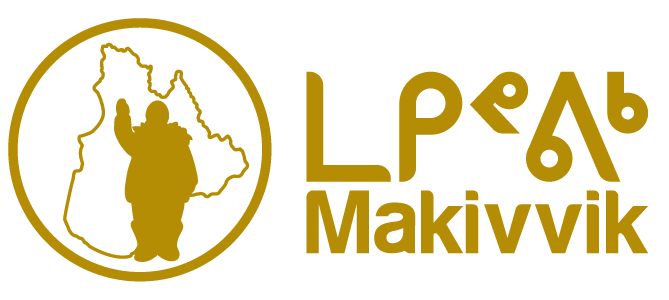William Tagoona has done a lot. With the release of a new album of songs from the beginning of his recording career, he reflects on having a second chance to get things right.
By Miriam Dewar
William Tagoona has been many things including journalist, political activist, and musician. In August, he released a digital album of fan favourites and re-recordings of songs from his album Takugapkit: Help Me Out, originally released back in 1979. The process has allowed him to reflect not only on his early days in music but how important it was for him to have a second chance to make those songs sound better.
“I first recorded the album with the CBC, bless their souls that they were recording Inuit at the time,” he recalls. “But their budget was so limited that they would give you one day to record.” And that day William’s voice did not cooperate. “If you didn’t get it right that day, well you were stuck with the recording.” Even after recording more albums, every time he heard those songs on the radio, he felt he could have done better vocally, and it bothered him.
After talking with long-time bandmate Mark Kennedy, and receiving a significant grant from the Quebec government, they booked into Studio Mixart in Montreal. Because William’s 70-year-old voice has matured and some songs took a little more work, the recording took eight months, as opposed to one day back in 1979. But the time paid off and Takugapkit: When I See You was released through iTunes and Apple Music.

William says it was tempting to change some of the songs completely but decided against it. “I judged the people in the room,” he says, explaining that his son, Derek, a musician in his own right who grew up listening to his dad’s music, heard a song and said to him, “Dad you changed the words. I thought you were going to say this, and you went somewhere else.”
But while the lyrics and melodies are the same, there are some new voices on this album. Per Berthelsen and his sister had sung harmonies with William in Greenland on his song Anaanaga, which he wrote for his mother. It sounded so good that William always wanted to re-record the original with Greenlanders. When contacted for this album, Per suggested his daughter, Julie, a well-known pop singer and songwriter in Europe. William was thrilled when Julie and her cousin agreed to work with him – from Copenhagen. The studio sent the raw tracks overseas digitally and they recorded the harmonies. It’s the song he is most proud of on the new album.

William’s music is known across the north and internationally, but he began his musical career back in 1965 as the 13-year-old lead singer for the first Inuk rock band in Canada, The Harpoons. At that time, Inuit weren’t allowed to use their language, so they mimicked music from bands like The Beatles and The Rolling Stones.

“The residential school kids said, ‘you don’t know how much your band has helped us. We were lonely, scared, away from our parents and here’s this Inuk band that showed up. All young, and we just loved you. You gave us that feeling of hope in everything that we did,’” William says.
Williams’s big brother, Eric Tagoona, was also in the band, along with the late Jose Kusugak, Michael Kusugak, and the late John Tapatai. They played bars in Churchill but had to hide in the washrooms between sets so the police wouldn’t see them as they were all underage. Their favourite venue was performing for the teen dances. “We’ve even played a wedding party or two, which I hated, because of the intoxication and secondly the chances of us being paid was low.”
Even back then, William was trying to make things better. “We started to sing and write because we were pissed off at what governments had done to us. At the time governments were stripping us of the ability to function as Inuit so, we wrote about it, and they became hits, that’s what kids were listening to.”
To save the language, it had to be done through music, he says, not only through the education system, or language programs. “Governments were forgetting the most important thing and that’s music, that’s where the young people are,” he says.
As a musician in the 1970s, he wrote to various levels of governments about the need to fund Inuktitut music and based partly on his efforts, there is now money available for Indigenous musicians.
William is now preparing to retire, but not from music. He has been writing some new songs and has received invitations to play in the north. With various creative projects in the works and his role as husband and grandfather, he will busy for some time to come, but one thing has been checked off his bucket list: he was able to re-record the songs that bothered him.
“When I leave this world, I didn’t want to leave this world with that. I wanted to do a better version,” he says. “So, we did it.”





